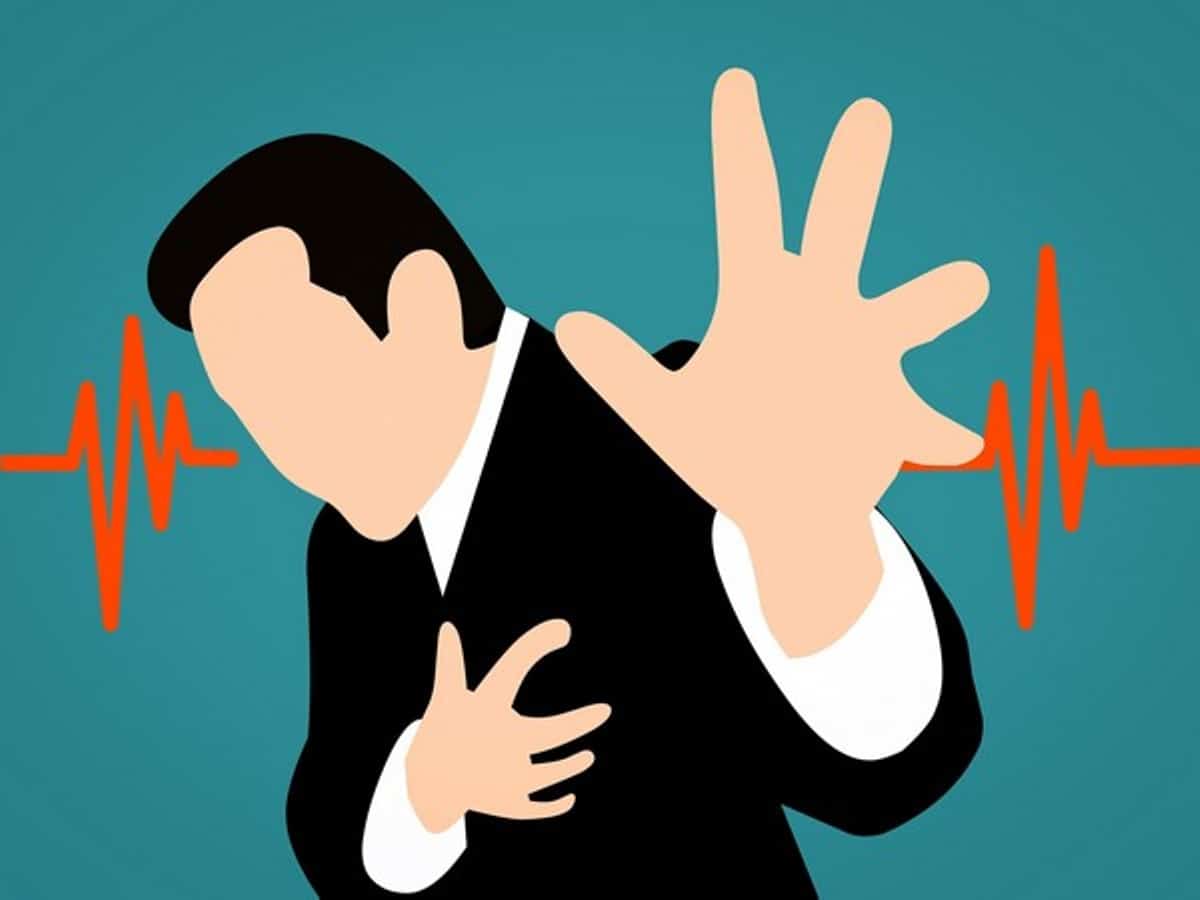
New Delhi: In the last few days, several incidents have come to light where a man suddenly fell due to an attack and died. In an incident from Uttar Pradesh’s Bareilly a 48-year-old man died after he suddenly fell while dancing during a birthday party.
In one such incident, Yogesh Gupta, a resident of Jammu, collapsed and died on stage in the middle of his performance. Many such incidents have been reported in the recent past which has sparked a new debate whether such attacks are on the rise in the post-Covid era.
No, it is not always a heart attack, says Dr (Prof) Tarun Kumar, Professor of Cardiology, RML Hospital. While talking to IANS, he said, “We hear people make these statements often interchangeably when someone has a heart condition. But they are not synonyms”.
“A heart attack is when blood flow to the heart is blocked, while sudden cardiac arrest is when the heart malfunctions and suddenly stops beating unexpectedly. A heart attack is a ‘circulation’ problem and sudden cardiac arrest is an ‘electrical problem’, explained Dr Kumar.
Sudden cardiac arrest can occur after a heart attack, or during the recovery. Heart attacks increase the risk for sudden cardiac arrest. Most heart attacks do not lead to sudden cardiac arrest. But when sudden cardiac arrest occurs, heart attack is a common cause, he said.
Dr Kumar said further that other heart conditions may also disrupt the heart’s rhythm and lead to sudden cardiac arrest. These include a thickened heart muscle (cardiomyopathy), heart failure, arrhythmias, particularly ventricular fibrillation, and long Q-T syndrome. He added further that cardiac arrest is reversible if it is treated within a few minutes. Call for emergency medical services and Begin CPR (Cardiopulmonary resuscitation) immediately and continue until professional emergency medical services arrive.
By performing hands CPR, the chances of survival rises to double or triple fold and bystander CPR, it can prove lifesaving in out of hospital cardiac arrest, he said.
On the rise of such cases post-Covid era, he said this is mainly because of two reasons firstly, because of increase in the incidence of cardiac arrest or heart attack in general population as the physical activity was reduced during the Covid era and even after that and secondly, because of wide availability of mobile phone with camera or CCTV footage, such incidents in no time come to Internet and go viral, Dr Kumar said.
Apart from the heart related ailments, the pandemic has triggered an array of emotional, physical, and economic issues. The post-Covid emerging literature underlines the impact of various traumatic stressors related to Covid-19 which has already led to diverse mental health problems, including anxiety, depression, posttraumatic stress disorder, and other trauma- and stress-related disorders adversely affecting both the frontline warrior doctors and the patients.
“Declining mental health remains a silent epidemic in India and the urban lifestyles are primary drivers. Amid the health workers’ emotional toll of caring for the unwell, their own mental health tends to be even more neglected, negatively impacting their physical and emotional health. Their unpredictable and erratic work schedules with long working hours and exposure to human suffering frequently results in mental blockage and burnout,” said Deepak Sharma, Co-Founder and CEO, MedLern.
When healthcare professionals seek treatment for substance abuse or mental health issues, they are frequently regarded as less capable and unpredictable. The emotional, psychological, and social well-being are crucial. The important aspect is how we respond to stress, he said.
